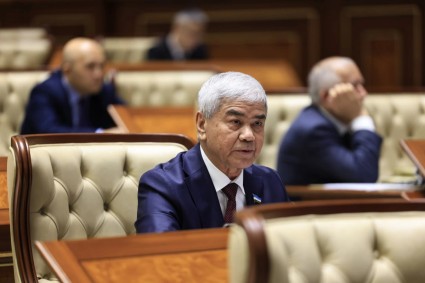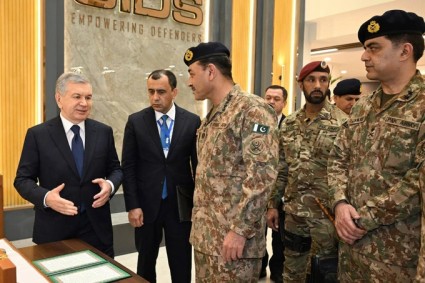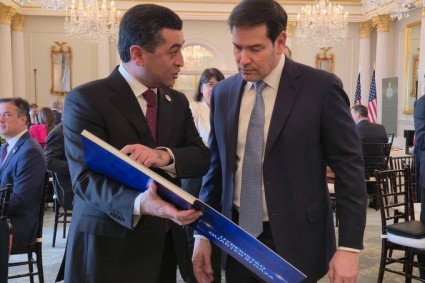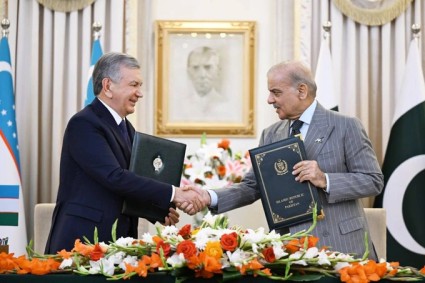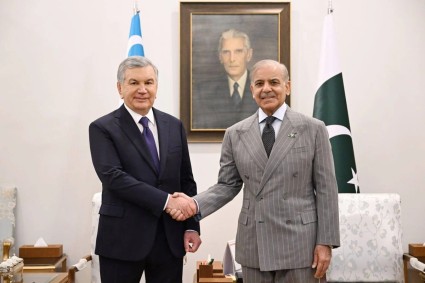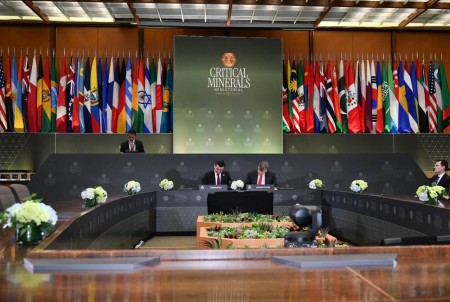Today the U.S. Agency for International Development (USAID) hosted the second-annual Regional Women’s Summit in Tashkent, Uzbekistan. The summit brought together 100 female-owned and female-managed businesses, activists, businesswomen’s associations, government agencies and NGOs from all over Central Asia to collaborate on how best to integrate gender considerations into all sectors of the economies of Central Asia countries, particularly into trade and customs. The Summit’s theme is, Women in Trade: Challenges and Opportunities in Central Asia. Best Practices.
Speaking at the summit, USAID Uzbekistan Mission Director Mikaela Meredith welcomed participants: “The United States is committed to empowering women and girls. At USAID, we believe gender equality and women's empowerment are not just a part of development but are the core of development. Investing in women and girls is essential to transforming communities. When women do better, families do better, communities do better, and countries do better.”
The Summit was co-hosted by USAID’s Trade Central Asia activity, the European Bank for Reconstruction and Development, and the U.S. Commercial Law Development Program (CLDP).
The summit’s agenda included sessions titled, “Women in Customs: How Gender Balance Can Make Customs More Resilient, Credible, and Representative?”, “The Role of E-Commerce in Global Trade: How Can Women in Developing Countries Harness E-Commerce?”, and “The Impact of Current Geopolitical Changes on the Global Trade and Supply Chain.” Discussions centered on the benefits of opening a Women in Logistics and Transport (WiLAT) Uzbekistan office, and current geopolitical changes regarding supply chains, air transportation, and global trade issues.
A networking session provided businesswomen’s associations and female entrepreneurs with a chance to learn from each other, develop professional networks, build regional relationships, exchange ideas, and put their skills and abilities to the greatest use. These measures are important for achieving gender equality and inclusion in Central Asia, by developing a shared vision for regional cooperation between leading businesswomen’s associations.
Today an unprecedented number of women around the world have lost their jobs, incomes and careers through the post-pandemic period. Women’s skills, experiences and productivity are still significantly underutilized across the globe. Female participation in the labor force and the economy fosters economic and business growth. According to the World Bank, simply closing the gender wage gap would increase global wealth by $160 trillion. Fully integrating women into our economies would do even more.


